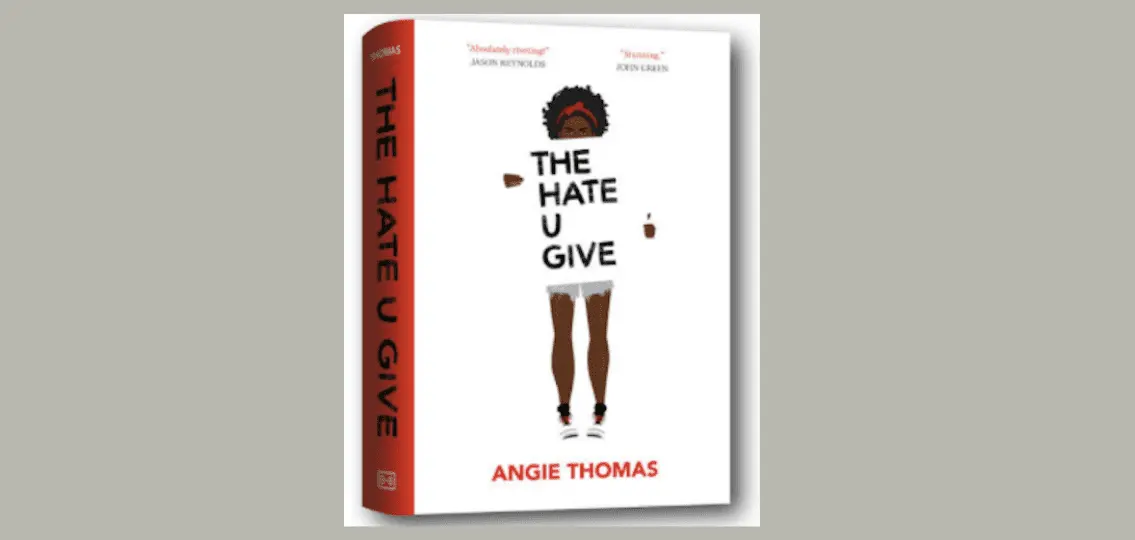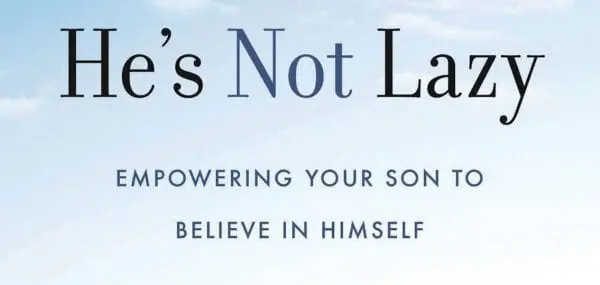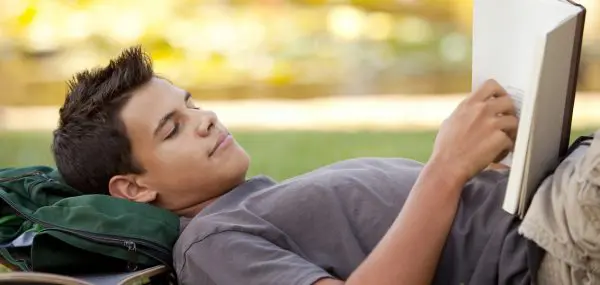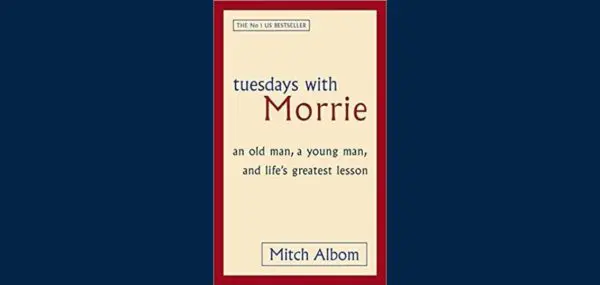Here we present an interview from Jessica Lahey, teacher and the author of The Gift of Failure and her niece. Reviews by a teenager (niece) and a parent (aunt) give us a unique comparison of perspectives. And you might be inspired to read this powerful book with your teenager.
TEEN REVIEW | by Mina Jones
At the beginning of the year, I vowed to read more in 2018. After looking through seemingly endless lists of the best books of 2017, one book stood out. That book was The Hate U Give by Angie Thomas.
From the very beginning, the writing style gripped me and brought me into Starr Carter’s world. The story was just so raw and real. And then the book only got better. The story focused on Starr’s personal life and the big social issues she faced as a black girl in modern America. It addresses things like the smaller acts of racism from her peers. It also covers bigger things like police brutality.
The characters in The Hate U Give felt like real people telling me a story. They have depth. They are relatable and interesting, unlike other books I’ve read that tackle big issues like racism, sexism, and homophobia. This, along with the well-crafted storytelling, made this book easily one of my all-time favorites.
It’s a rarity: a book for teens that deals with civil rights in the modern world, a time when we shouldn’t have to—but do have to—worry about people being targeted for race. Also important, the issues in The Hate U Give are handled well and correctly, not misrepresented or drawn one-dimensionally.
The Hate U Give is a very good book. I would recommend it to anyone interested in a book that discusses important social and cultural conflicts in a raw and gripping manner.
Mina Jones is an eighth grader at Haas Hall Academy in Fayetteville, AR. She is Jess Lahey’s niece.
PARENT REVIEW | by Jessica Lahey
There is no better time to read Angie Thomas’s novel The Hate U Give. It’s a story about the birth of a young activist. As I write this, young activists across the country are discovering their voices, rising up, and insisting on their right to be counted in the political process.
Starr Carter, the heroine of The Hate U Give, is a perfect role model for these young revolutionaries. As they navigate the challenges inherent in speaking up, they find themselves in a society that’s not always ready to listen.
Starr straddles two very different worlds. One is her home in Garden Heights, a black, poor, and often violent neighborhood. The other is Williamson Prep, her white, affluent, and cosseted private school. Thomas deftly articulates the line between these existences by making Starr code-switch in her dialogue. (Code-switching, the practice of shifting languages, dialects, or cultural contexts in different settings, is a common experience for many people of color in the United States.)
When Starr witnesses the murder of her childhood friend Khalil during a routine traffic stop, Starr must decide whether to risk her anonymity and safety in order to stand up for him. Khalil was unarmed, and Starr is called on to testify against the police officer who killed him.
As the story unfolds—and Khalil’s case becomes a divisive national issue—Starr is torn between her two cultures with their disparate truths and views of the world. She is less and less able to move fluidly between them.
For a generation raised on tidy Disney endings, the conclusion of The Hate U Give may leave some readers on edge. I think this is a good thing. Thomas’s ending reflects the world we live in, one that is often upsetting, unfair, and unsettling.
It’s important to visit the edge, a place we should probably commemorate as a landmark. It’s where kids like Starr, tomorrow’s political and cultural leaders, will launch themselves forth. They too will soar and create an equitable world. A more equitable world than that which kids like Emmett Till, Trayvon Martin, and Khalid experienced.
In Starr’s words, “Fairy tale? No. But I’m not giving up on a better ending.”
And neither should we.
Jess Lahey is a teacher and the author of The Gift of Failure: How the Best Parents Learn to Let Go So Their Children Can Succeed.




